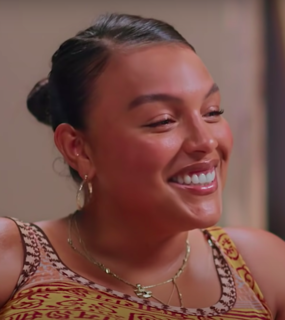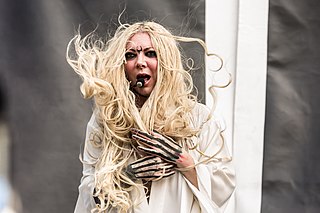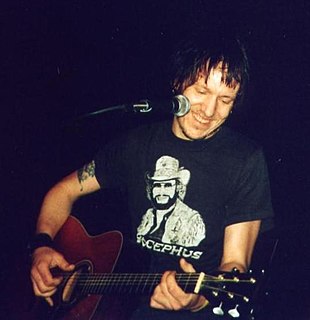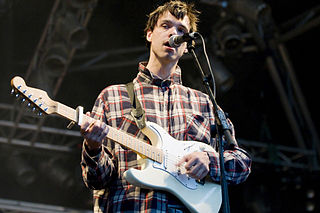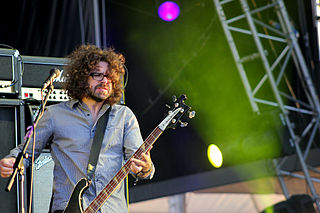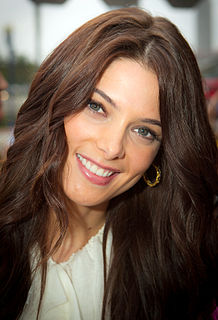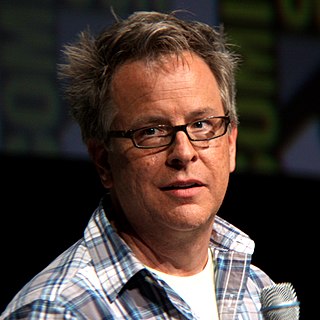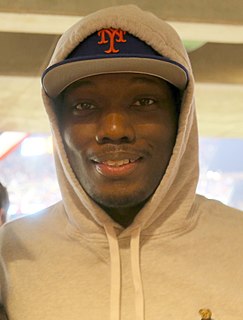A Quote by Paloma Elsesser
When I started Instagram, I kind of just did what I like to do or to show the things I like, whether it be sneakers or weird flowers, have the little drops of myself and my style kind of fluidly throughout. That was really helpful in starting and carving out my own place.
Related Quotes
There was things just like not being able to date or - I'm talking like 15, 16 - like just certain things that my friends started to do. Like, they started to get phone calls from girls or like, you know, go and hang out 10, 11 at night, kind of going to the movies. There were just certain things that - it's not that I couldn't do all of those things. It's just that every choice was really deliberate and conscious and thought out and sort of balanced against the religion in a way where I felt - I wasn't necessarily trying to convert at 12 like [my mother] was.
Its funny because when I did feel like I came out and I just felt like I was being truthful to myself, (it was at) that point I became very successful. So you know, it took a true kind of facing that truth of myself and being honest, that was when the real kind of fame or whatever that kind of stuff happened for me.
I've been doing four-track songs by myself since I was like a teenager, where I'd sing in a way that I ... I just didn't think other people would like it, so I didn't play it for them but eventually I got over that, which I'm happy that I did, because it's kind of a drag to be playing a kind of music that you don't really like as much as another kind.
It's helpful to just hear things through friends' ears, people who know you well. I guess when I started Dirty Projectors, when I was, like, 20, I always imagined it would be kind of like an amphibious vehicle: something that could go with me wherever I need to go. That kind of constant change has been in the DNA from the beginning.
I think I kind of approached music with this sort of, like, weird thing where I kinda set myself up where I could kinda be myself but not really. I kinda had a backdoor out. So if you criticized me, I kinda had my defenses working. And the problem is that some people seize on that as inauthenticity, which is understandable. So that's painful because it's not that you're being inauthentic...there's a difference between being a poseur and being someone who's so emotionally challenged they're kind of just doing their best to show you what they've got.
Throughout the course [of Twilight], you get to see a little more of her vampiric side, because I think she's this vampire with a heart of gold and so that was kind of fun - to show her be a little tough and a little fierce, and to show that she has a little bit of a sassy side when she's dealing with the wolves or with Jacob. So I feel like I got to really round [Alice Cullen] out quite nicely.
Black people have, like, this thing, and I have it, we all have it, we have this kind of embarrassment. Where we don't like white people to find out our little insecurities and out little quirks. We don't really like that that much. It's kind of, we're like, 'Don't let them know - that ours; that's for us.'
I've been in a few movies that really have the tendency to polarize people, and I kind of like that. I kind of like anything that pushes people's buttons. People will always take things as they want, and project stuff on it - it's just kind of what people do. Whether it's violence or teen pregnancy, whatever.
